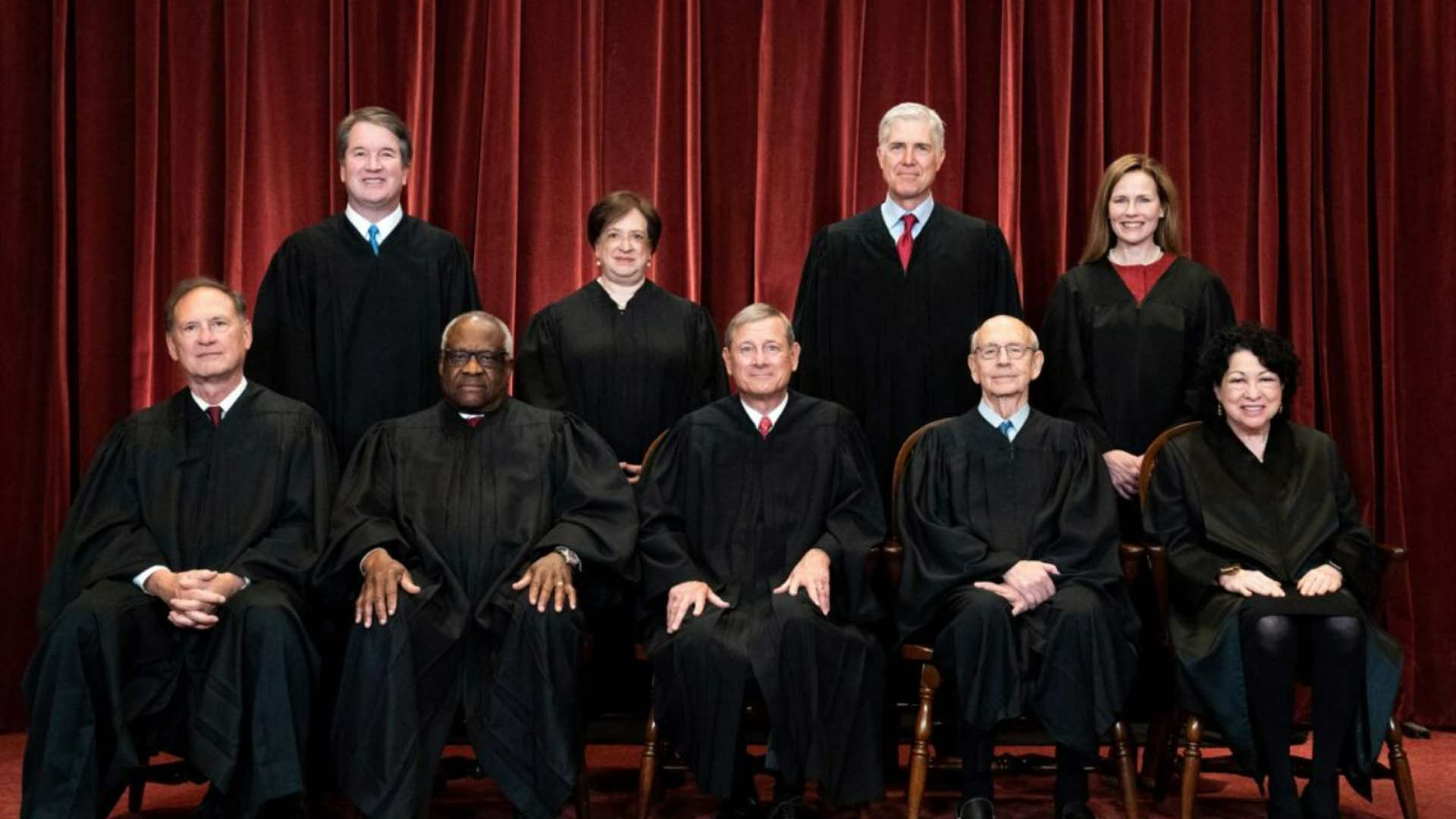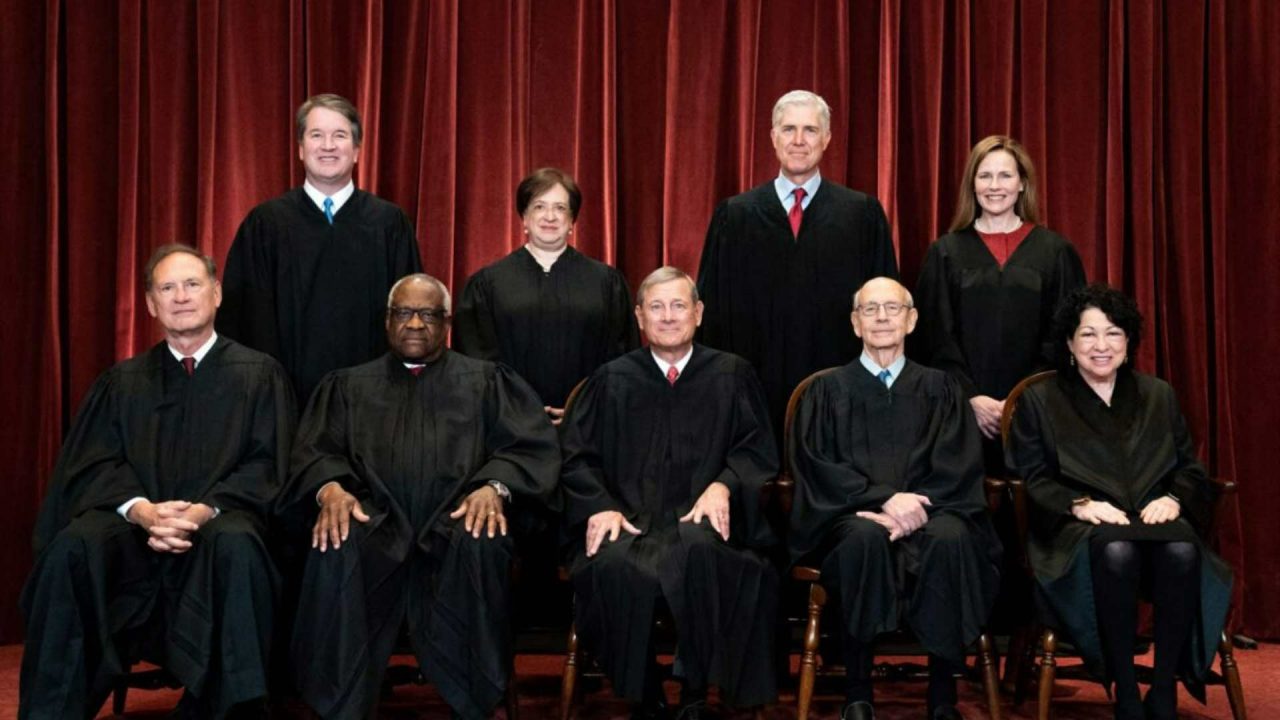
In what many are praising as a victory for religious schools across the nation, the U.S. Supreme Court ruled on June 21 that the State of Maine was unlawfully discriminating against religious schools by barring them from participating in a tuition aid program that was open to non-religious private schools.
The Maine tuition assistance program served the rural areas of the state where there are no public high schools.
In a 6-3 decision the high court sided with three families who sued the state for unlawful discrimination. The court found that Maine’s refusal to let faith-based schools participate in the tuition assistance program was a violation of the Free Exercise Clause in the First Amendment, and a clear case of discrimination against religion.
The ruling may have a direct impact on Alaska. On June 21, the Alaska Department of Law released a statement saying it is reviewing the decision.
“The question on Alaskans’ minds is what does this mean for our own state constitution’s prohibition on spending public funds on a private education?” said Deputy Attorney General Cori Mills. “Initially, what we know is that the specific facts of this case are not directly on point for Alaska. The case involved discriminating against religious schools compared to other private schools. Our constitution distinguishes between a private and a public education. However, the details matter, and we will need to fully review and evaluate the opinion to determine what, if any, impact it has,” Mills said.
ALASKA WATCHMAN DIRECT TO YOUR INBOX
Alaska does not have a private school tuition program directly analogous to the recent Supreme Court ruling. Rather, Alaska’s Constitution states that public funds shall not be used “for the direct benefit of any religious or other private educational institution.”
“We know that Alaska’s public correspondence school program has been in the news recently, but that is a separate issue from the broader potential impacts of this Supreme Court case, which is focused on the religious versus non-religious distinction,” Mills clarified. “The department is still reviewing the administration of Alaska’s correspondence school program under state law and will separately be looking at the broader questions raised by this case.”
Alaska statute provides that “a correspondence study program may provide an annual student allotment to a parent or guardian” and that this allotment may be used “to purchase nonsectarian services and materials from a public, private, or religious organization” provided certain criteria are met.








2 Comments
The raging left will have a hard time attacking Alaska’s program. Here’s why:
The allotment is a tiny fraction of the total funds allocated by the state for a correspondence student’s enrollment. While the actual “cost to educate alaskan kids is appx $20k, the “allotment” is only that portion dedicated to “curriculum.” At Family Partnership this is about ~4k for elementary students. I have two elementary students. By enrolling in Family Partnership/private school, I get $8,000.00. Family Partnership pockets $32,000.00. And they literally do NOTHING but process paperwork. ASD’s enrollment is WAY WAY down this year. That means ASD has serious cash flow issues. Plus, ASD’s test scores are a complete JOKE—not even they are able to justify themselves any more. So they solve their cash flow problem by offering to “partner” with private schools (i.e: they recoup the lost revenue from my two kids departure from ASD) and they get to claim that my kids’s superior performance is due to THEIR tutelage. Now, I get something in return, so I’m willing to make that bargain. But don’t go around thinking I don’t know what this is: a RUSE that allows ASD to cure two chronic problems they’ve had for years. A LEFTIST WILL HAPPILY LIE CHEAT AND STEAL IF IT MEANS A NET BENEFIT TO THEM. And this, my friends is most certainly such a case. Thus, don’t plan for a coordinated attack on private schools on this front. The crafty, clever puppet masters of the left will not let their cash cow get destroyed by their own radical elements.
Alert! Christian/Judeo Families need learn and take this seriously! Never think, or let down your guard, that accepting even one dollar of “Government Funds” at any level will not soon be forcing immoral, unethical teachings that go against the reason you either home schooling or invest in small faith based schools you work so hard to maintain. Do not fall for this. Better to have fewer “Things” and stronger families. Grandma